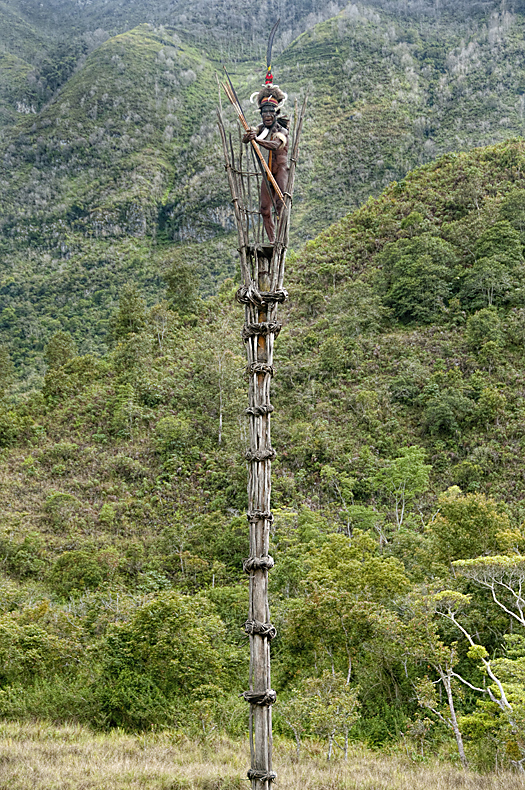
This week, for the
first time, I heard a gold mining generator across the river.
Dr. Birute Galdikas
Until the mid 1900s Borneo was one of the great jungles on earth, a heart of darkness, dripping, teeming, ripe, and risky. The kind of place that made Joseph Conrad's pen restless. This emerald island, third largest in the world after Greenland and New Guinea, was largely unexplored until then, a land of legend that aroused fear in great white hunters. Here lurked lost tribes of headhunters and man-eating apes called ut-ut.
But that was then. The Borneo of today has gone from the Stone Age to mobile phones in the last 25 years. There are bustling towns, scheduled flights, and even sporadic electricity. Conspicuously absent are neon lights, glitzy cities, and most trappings of 21st century pop culture. Coca-cola is here but fast food is not. Prepare to eat rice three times a day if you go, and boiled chicken twice. Not bad for a few days. Paved roads are only in the towns. All other travel is by foot or boat.
I begin a visit to Borneo in the harbor city of Pangkalan Bun, staging area for trips into the jungle. I am in search of the elusive orangutan, mythical "man of the forest." My final destination is Tanjung Puting National Park, home of Camp Leakey, the research station of Birute Galdikas, who has been living with and studying these great apes for decades.
On the second morning I awaken fresh and eager to explore this wild kingdom. My guide and I board a klotuk, the standard river cruiser in these parts, and set sail for the Sekonyer River which will take us to Camp Leakey, two days upriver. I park myself on the top deck to search for wildlife and wild humans. Hours pass and I see nothing of interest, not a single bird, snake, monkey, or head hunter. Only an occasional sad-faced fisherman, dressed in tattered Western garb. They catch no fish as we slowly motor by.
At the end of the day my sightings list consists of a few more sad-faced fishermen, three proboscis monkeys, and a single hornbill. And that's it for an entire day in the jungle, the most biodiverse ecosystem on the planet. I am stunned.
I complain to my Indonesian guide who informs me that wildlife has mostly disappeared from this area after construction of a massive gold mine on the Sekonyer, well past Camp Leakey. The mine employs 800 locals. Try to imagine their paychecks, and then who gets the gold.
In the mining and smelting processes huge quantities of mercury are released into air and river, poisoning the entire food chain, top to bottom, all the way downriver to the sea. This includes people, but who cares with all that gold for the taking. The only thing that really matters around here is another regime in Jakarta getting filthy rich, and closing their eyes to the poverty and environmental desecration in their country. The Sekonyer River has become another Love Canal. I am penetrating a toxic dump, not a heart of darkness.